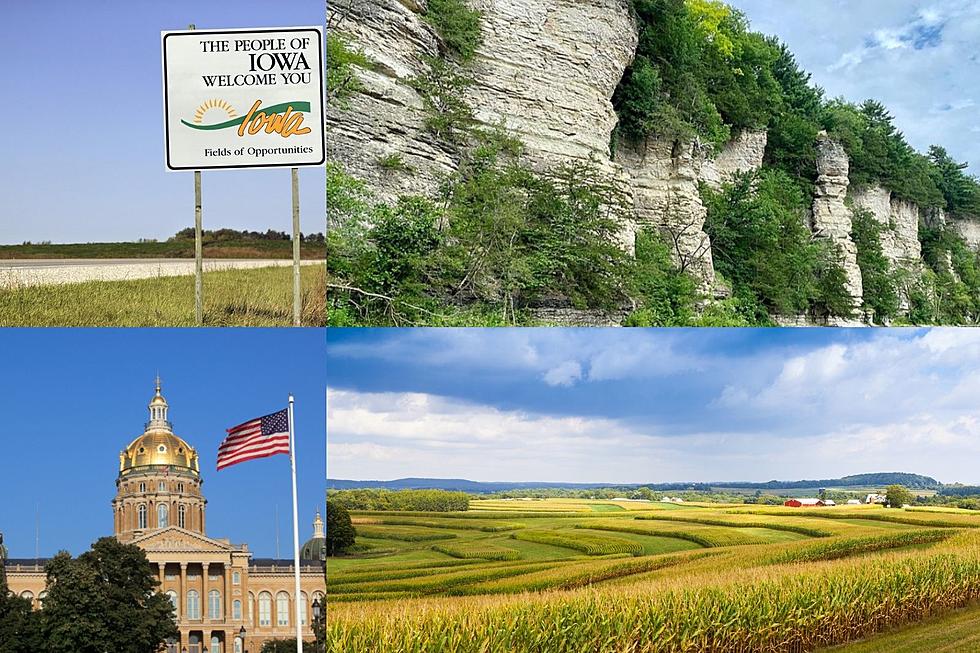
What Makes These Two Small SD Cities Good For New Business?
Small businesses across the country have been hit particularly hard by the COVID-19 pandemic. And the pain is expected to continue.
Recent statistics have indicated that an astounding and heartbreaking number of small businesses will close their doors over the next four years.
UBS is now projecting between 40,000 to 50,000 retail stores in the United States closing over the next five years, down from the 80,000 closures it previously forecasted. That’s out of about 880,000 total retail stores that the firm tracks nationwide, excluding gas stations. - -CNBC/via UBS
Last year (2022) WalletHub researchers discovered through their Coronavirus Small Business Survey that over 100,000 small businesses closed permanently since the beginning of the pandemic.

The closing of these businesses has caused a wide range of ripple effects.
Surviving businesses are struggling to move forward and when it comes to starting a new business, entrepreneurs know that bigger is not always better when it comes to city size.
Some of their findings:
- The recovery process will be long and painful. 50 million small business owners said it would take longer than a year for their businesses to come back from the pandemic.
- Two-thirds of small business owners said that 2020 was the most difficult year in business and for many 2021 wasn't much better.
- Because of the devasting effects of the pandemic 61 million small business owners said they regretted ever starting a business.
With all this information in their possession, WalletHub then went on a search for the best small towns to start a business in. These towns had to be under 100,000 citizens, so Sioux Falls didn't make the cut, but two other South Dakota towns did.
But they fell far down in the rankings.
Aberdeen which scored very well in 2021, landing in 6th position, only achieved 22nd this year, and Rapid City which came in 31st on the list a year ago is now 163rd.
To make these determinations, WalletHub considered factors like; labor costs, length of workweeks, startups per capita, revenue per business, industry variety, education of the workforce, and more.
To see the complete report, go to WalletHub.
Sources: WalletHub and CNBC Business
10 Smallest Towns in South Dakota
More From KYBB-FM / B102.7









